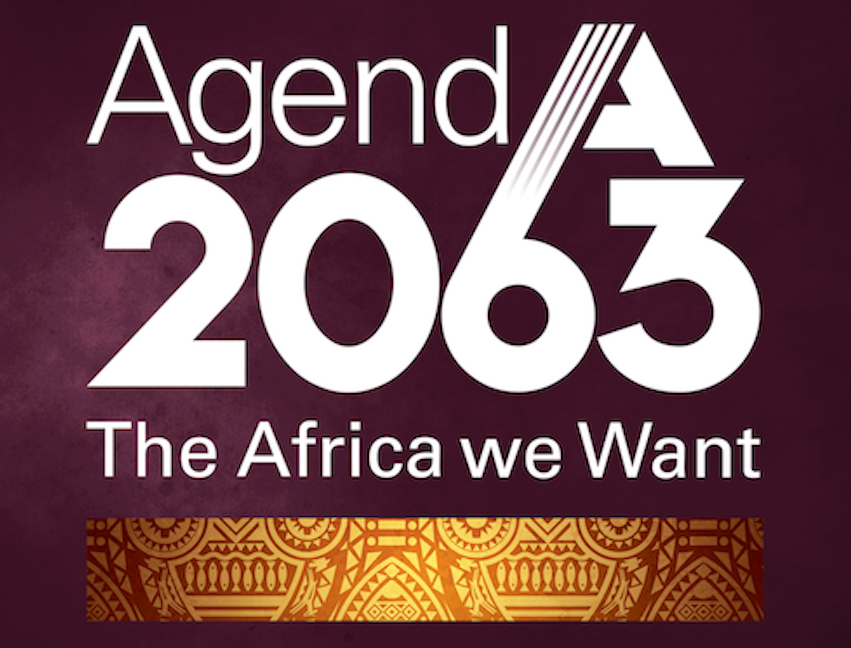
Accra, Feb. 02, GNA – A clarion call has been made on African Governments to prioritise human resource development to foster the actualisation of the Continent’s Agenda 2063.
Agenda 2063 is a 50-years (2013-2063) strategic development framework aimed at transforming Africa into the global powerhouse by accelerating growth, development and prosperity on the continent.
Panelists during an online discussion on the African Union (AU) ambition, expressed strong faith that the “Agenda 2063 is a reality,” and urged governments to build an educational system that would ensure the acquisition of innovative and entrepreneurial skills among its citizenry.
Such an educational system, they said, should be one that would make people develop and utilise their creative prowess while imbibing in the young population high ethical standards.
They also called a strong political leadership to back the implementation of various programmes, policy initiatives and activities and build a sound financial system to support African entrepreneurs, to make the ambition attainable.
The Twitter discussion was hosted by the Policy Initiative for Economic Development (PIED) Africa.
Dr Daniel Amateye Anim, a Chief Economist at PIED, said while the contribution of Foreign Direct Investment (FDI) could not be underestimated, it was crucial for mechanisms to be put in place to generate internal financing for projects.
He called on governments on the continent with a 1.3 billion market under the African Continental Free Trade Area (AfCFTA) to also spur investments in real sectors, including the economy to unlock opportunities for the citizens.
Dr Anim also called for increased investment in agriculture and value addition to natural resources before exporting them, noting that such a move would attract more inflows for infrastructure development in Africa.
Dr Monica Musenero, Minister of Science, Innovation and Technology, Uganda, also made a strong recommendation for African educational system to focus on skills that would empower graduates to be more productive.
She said productivity was key to driving economic growth on the continent adding: “We must detach ourselves from external thinking philosophy, instead, we should have our own mindset capable of telling our story better.”
In addition to peace and security, Dr Musenero asked political leaders on the continent to be courageous and demand for trade agreements and other bilateral arrangements that would benefit the continent.
Miss Zaina Adamu, a Policy Consultant, European Council on Foreign Relation, supported the idea of massive investment in agriculture and value addition, which he said would make the continent more competitive.
On the socio-economic challenges facing the continent, including poverty and unemployment, she urged leaders not to be intimidated, as developed economies went through such phases before their breakthrough.
« The United Nations (UN) is struggling to realise its Sustainable Development Goals (SDGs), so, we may struggle with Agenda 2063, but the game changer is determination and commitment from political leaders coupled with human capital development.” She said.